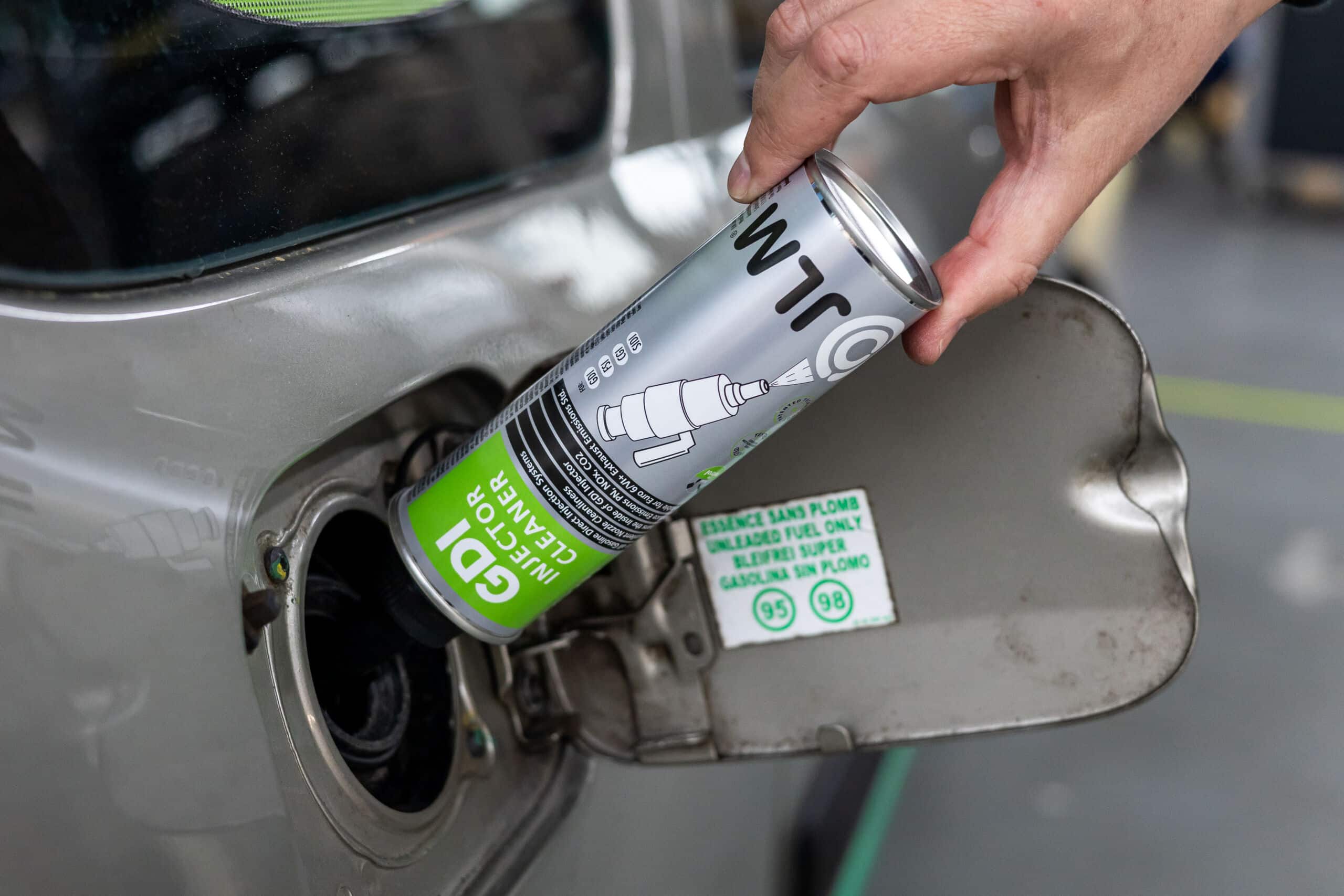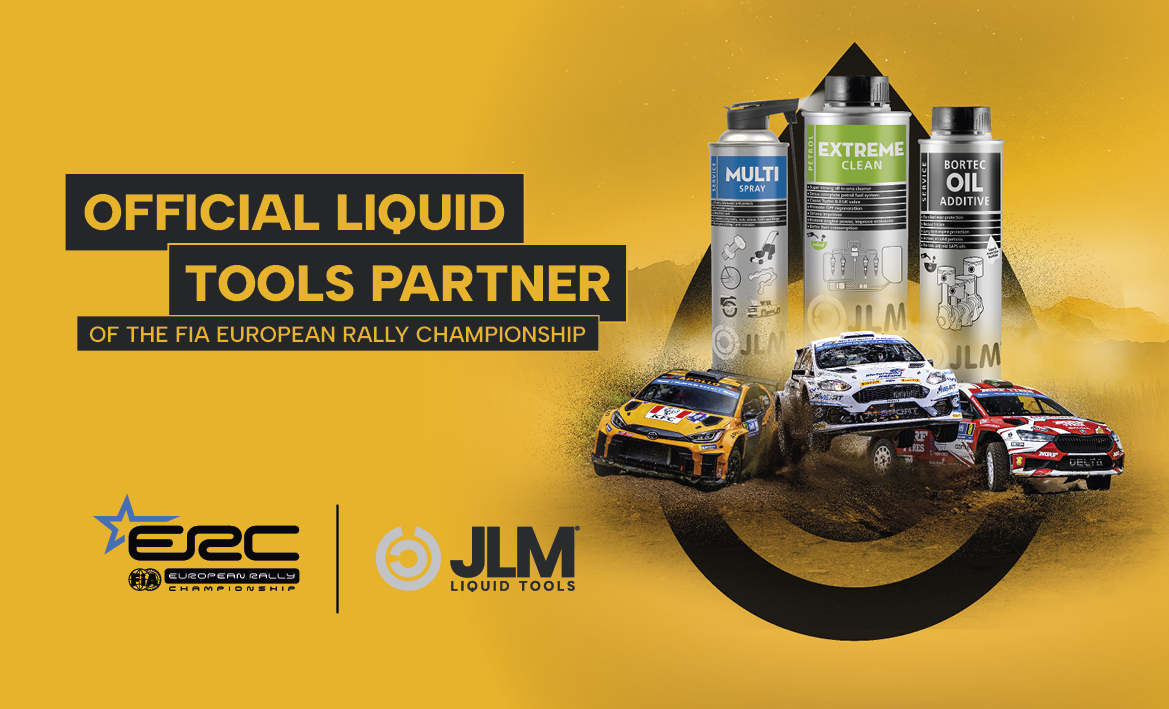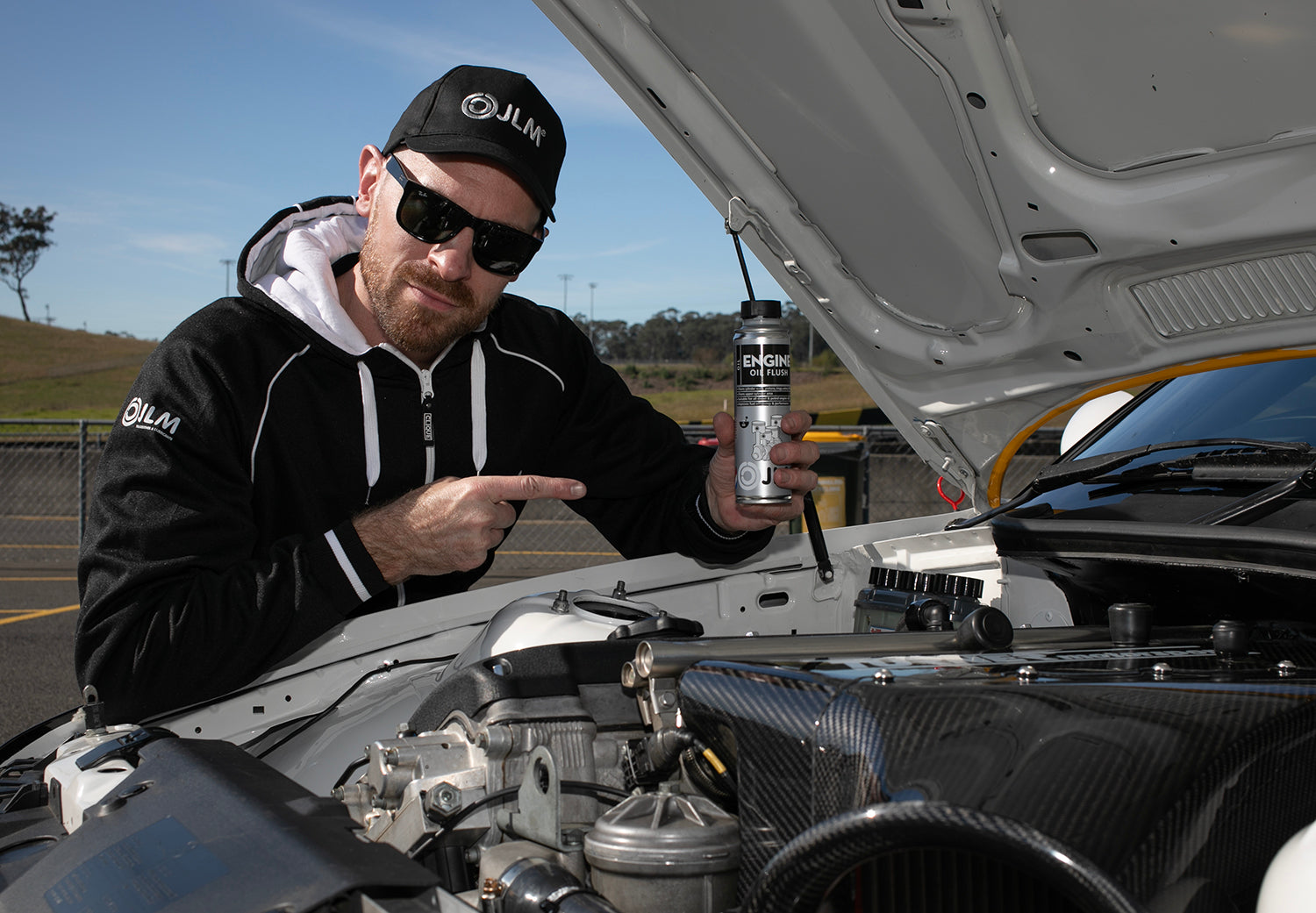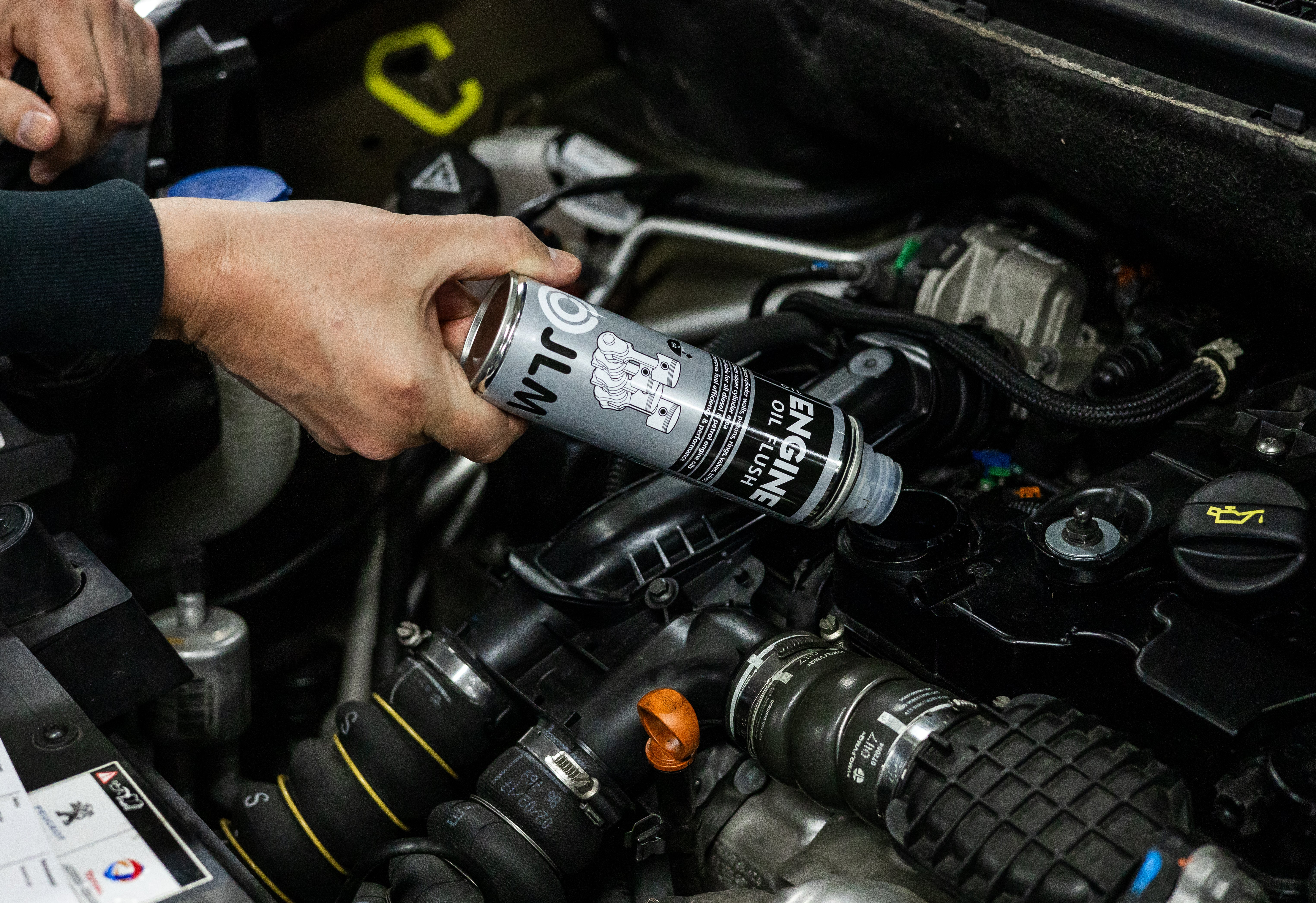
Why GDI Engines Require Specialised Petrol Injector Cleaners
Understanding GDI vs. MPI: The Root of the Problem
Multi-Port Injection (MPI) Engines: In MPI engines, fuel is injected into the intake manifold where it mixes with air before entering the combustion chamber. This process allows fuel to wash over the intake valves, helping to keep them relatively clean. Traditional injector cleaning additives are designed to address deposits in the intake manifold and on the injectors, ensuring smooth fuel delivery and combustion.
Gasoline Direct Injection (GDI) Engines: In GDI engines, fuel is injected directly into the combustion chamber at high pressure. This design improves fuel atomization and combustion efficiency, leading to better performance and fuel economy. However, because fuel does not pass over the intake valves, these valves are more susceptible to carbon buildup. This buildup can significantly impact engine performance, causing rough idling, reduced power, and increased emissions.
The Nature of GDI Deposits
Carbon Buildup on Intake Valves: One of the primary issues with GDI engines is the accumulation of carbon deposits on the intake valves. Since these valves are not exposed to fuel, they do not benefit from the cleaning properties of traditional fuel additives. Over time, oil vapors from the crankcase ventilation system and exhaust gas recirculation (EGR) systems can lead to the formation of stubborn carbon deposits on the intake valves. J03190 JLM Direct Injection Valve Cleaner is specifically designed to effectively remove these typical GDI deposits.
Injector Deposits: GDI injectors, which operate at much higher pressures than MPI injectors, are also prone to deposits. These deposits can affect the spray pattern and fuel atomisation, leading to incomplete combustion, increased emissions, and poor engine performance.
Why GDI Engines Need Specialised Injector Cleaners
Targeted Cleaning Formulations: Dedicated petrol injector cleaners for GDI engines, such as the J03170 JLM GDI Injector Cleaner fuel additive, are specifically formulated to address the unique challenges posed by direct injection technology. These cleaners contain powerful detergents and solvents that can effectively dissolve and remove carbon deposits from both the injectors and the intake valves.
High-Pressure System Compatibility: GDI injector cleaners are designed to work under the high-pressure conditions found in GDI systems. This ensures that the additives can reach and clean all critical components without causing damage or leaving residues that might interfere with the engine's operation.
Enhanced Combustion Efficiency: By thoroughly cleaning the injectors and intake valves, GDI-specific cleaners help restore optimal fuel atomisation and combustion efficiency. This leads to improved engine performance, reduced emissions, and better fuel economy.
Conclusion: Investing in the Right Cleaner: The advanced technology of GDI engines necessitates a more specialised approach to maintenance, particularly when it comes to dealing with deposits. While traditional injector cleaning additives are effective for MPI engines, they fall short in addressing the unique challenges faced by GDI systems. Investing in a dedicated GDI petrol injector cleaner ensures that your engine remains clean, efficient, and high performing.
As GDI technology continues to evolve and become more prevalent, understanding and addressing its specific maintenance needs is crucial. By using the right products, you can keep your GDI engine running smoothly and enjoy the benefits of this innovative technology for years to come.


